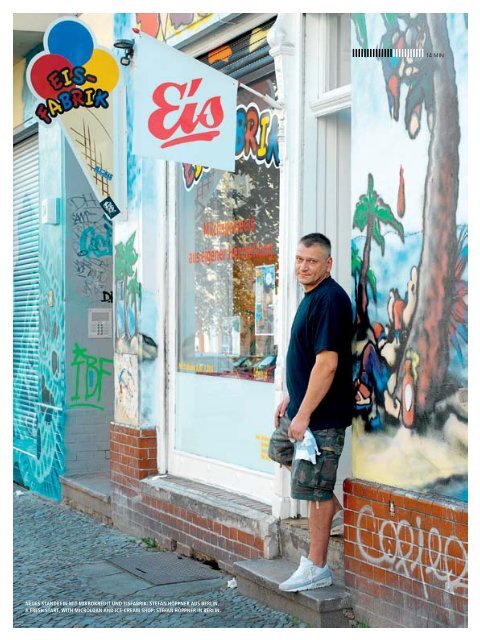FINANCE FOR ALL ? - Frankfurt School of Finance & Management
FINANCE FOR ALL ? - Frankfurt School of Finance & Management
FINANCE FOR ALL ? - Frankfurt School of Finance & Management
Sie wollen auch ein ePaper? Erhöhen Sie die Reichweite Ihrer Titel.
YUMPU macht aus Druck-PDFs automatisch weboptimierte ePaper, die Google liebt.
Neues Standbein mit Mikrokredit und Eisfabrik: Stefan Höppner aus Berlin.<br />
A FRESH START, WITH MICROLOAN AND ICE-CREAM SHOP: STEFAN HÖPPNER IN BERLIN.<br />
14 MIN


